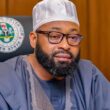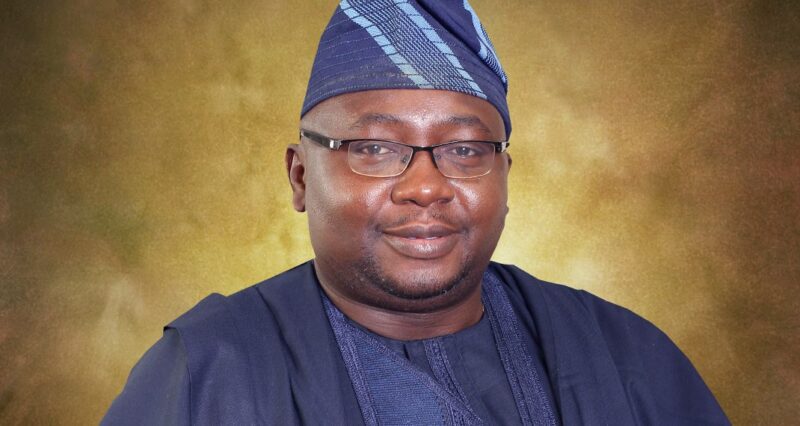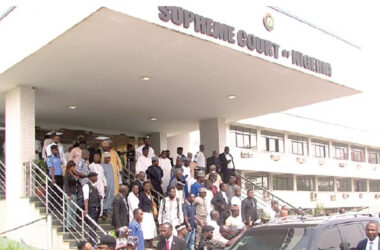Adebayo Adelabu, the Minister of Power, has laid the blame for Nigeria’s prolonged electricity struggles on the failure of successive governments to take meaningful action over the past two decades.
Speaking during a meeting with a World Bank team in Abuja on Wednesday, Adelabu said previous administrations from 1999 to 2023 only made empty promises without real improvement in the nation’s power sector.
He noted that the administrations of former Presidents Olusegun Obasanjo, Umaru Musa Yar’Adua, Goodluck Jonathan, and Muhammadu Buhari failed to make lasting changes. According to him, the sector suffered from repeated mistakes and neglect that piled up over the years.
“We actually have a past that we are not proud of,” Adelabu said. “Over the years, we have only been paying lip service to transforming the power sector. We have not worked the talk.”
He said infrastructure decay is one of the biggest challenges Nigeria faces today. The country’s power lines, transformers, and transmission systems have been poorly maintained, leading to unreliable electricity supply.
“How will you explain the kind of infrastructure that we put together for our transmission network across the country?” he asked, citing the lack of proper maintenance as a major reason the system continues to fail.
Adelabu also raised concerns about the low number of metered customers, saying Nigeria has over 12 million electricity users, but only half have meters. He questioned how a stable electricity industry could be built under such circumstances, especially when vandalism and neglect are common.
The Minister compared today’s situation with the past, noting that Nigeria only added 2000 megawatts of power in 40 years — from 1984 to 2023. He believes more progress has been made since President Bola Tinubu took office, saying the country’s current power generation now averages 5,800 megawatts.
He further referenced the Siemens electricity project, which began in 2019 but saw little movement until the Tinubu administration took over. “Even in this Siemens project, the pilot phase is almost completed and that is in less than two years, when in four years we didn’t do anything,” he stated.
Adelabu also thanked the World Bank and other international partners for their continued involvement and assistance in various power projects. He acknowledged their impact in improving power generation, transmission, distribution, and renewable energy.
“I want to thank you for the support, for the interest you have shown in the development of Nigeria power sector. It’s been of immense value to us,” he said.
He concluded by praising President Tinubu’s leadership style, calling him a businessman and finance expert who understands the importance of stable energy. According to him, Tinubu sees electricity as the base for developing other key areas such as agriculture, education, transportation, and health.
“That’s why it’s good to have a practical businessman, a practical finance person and politician at the helm of affairs, like President Bola Ahmed Tinubu,” he said.










